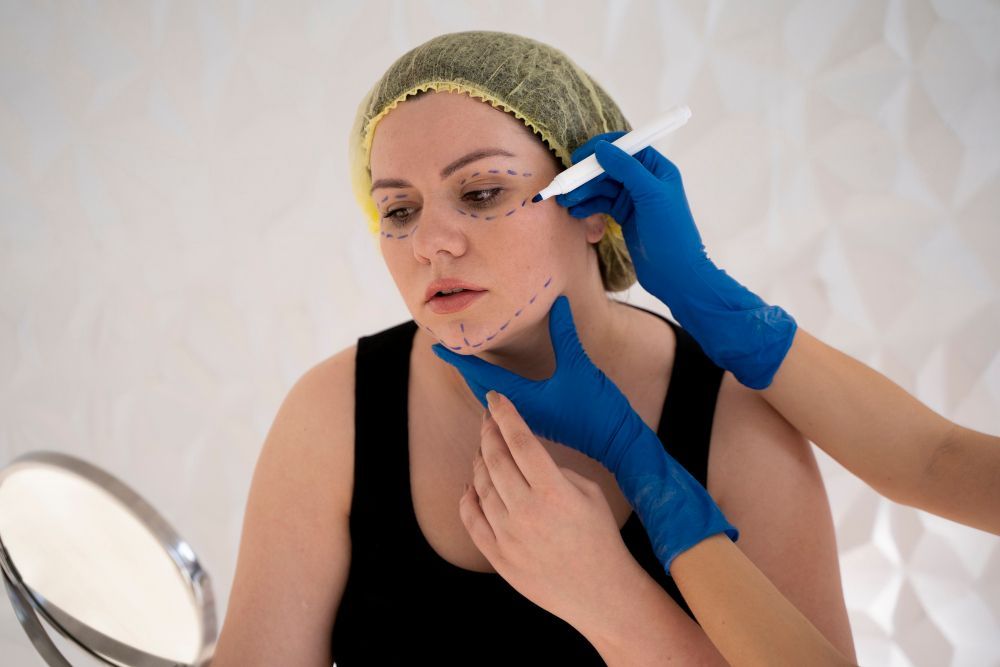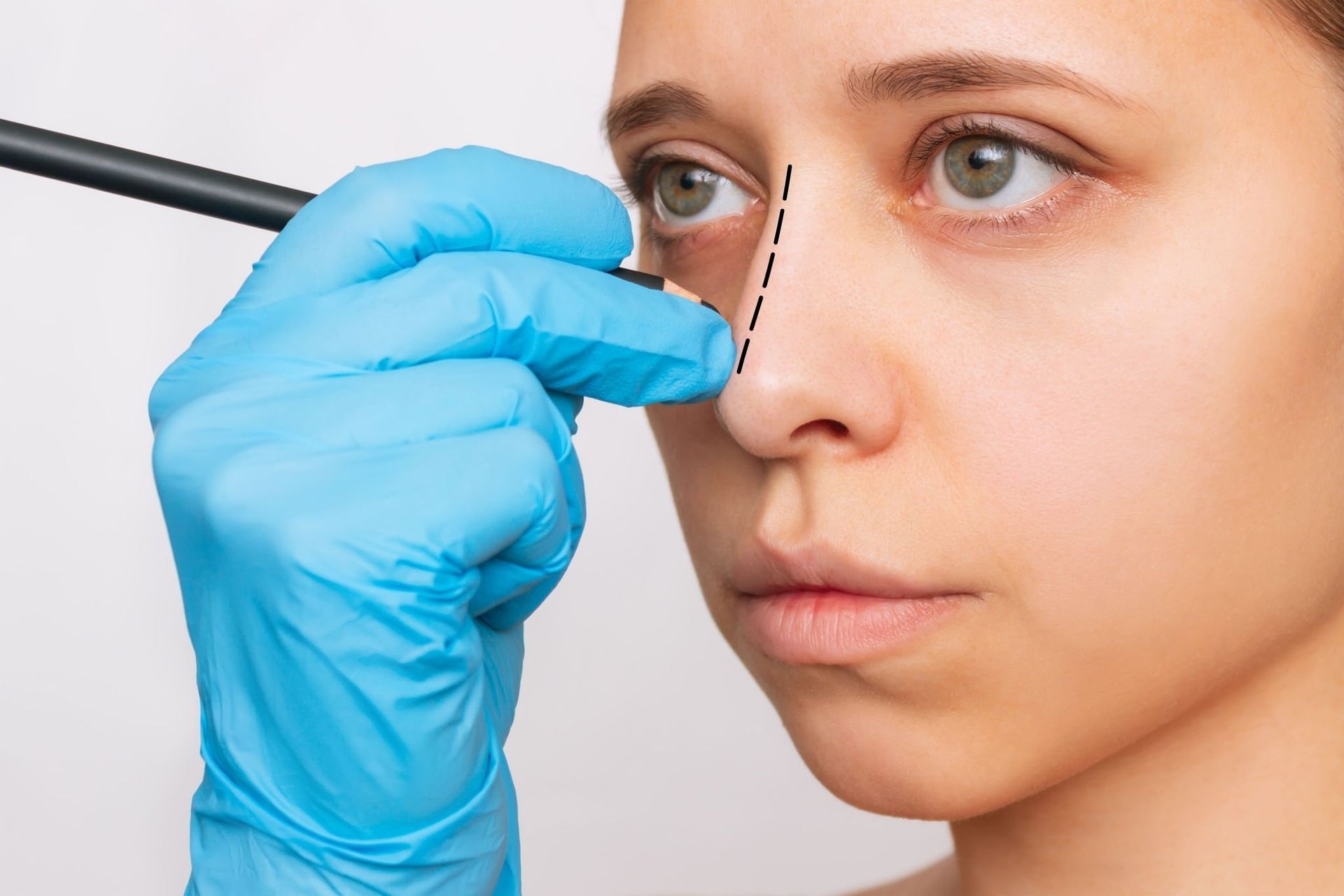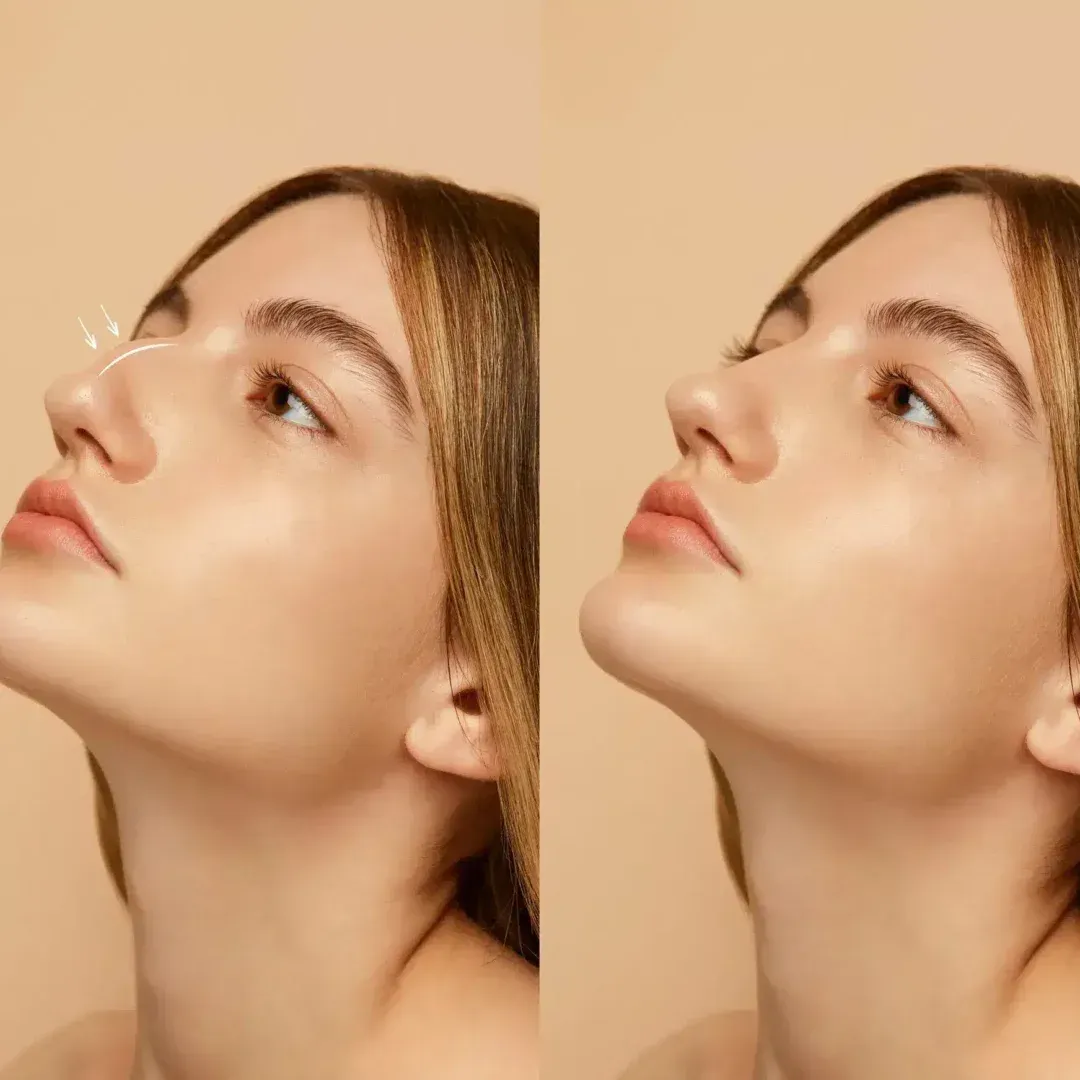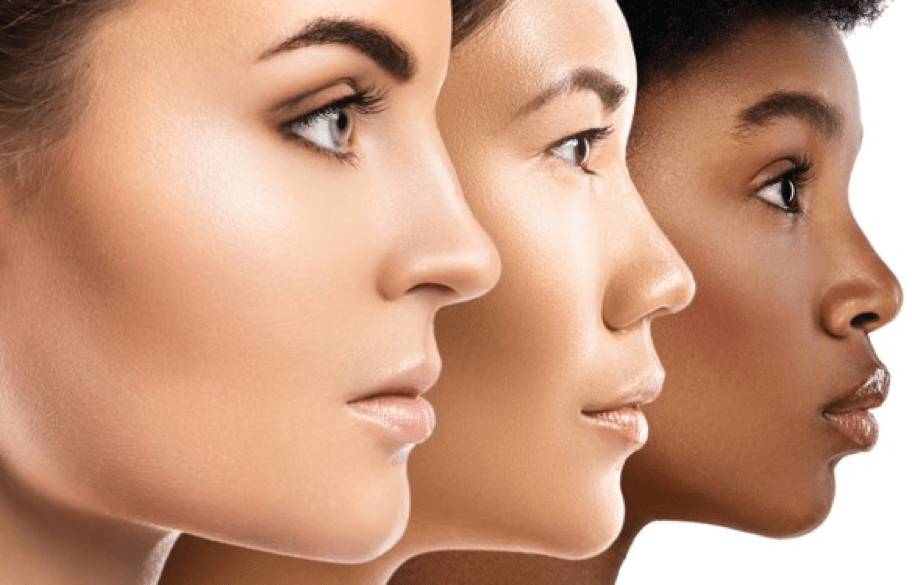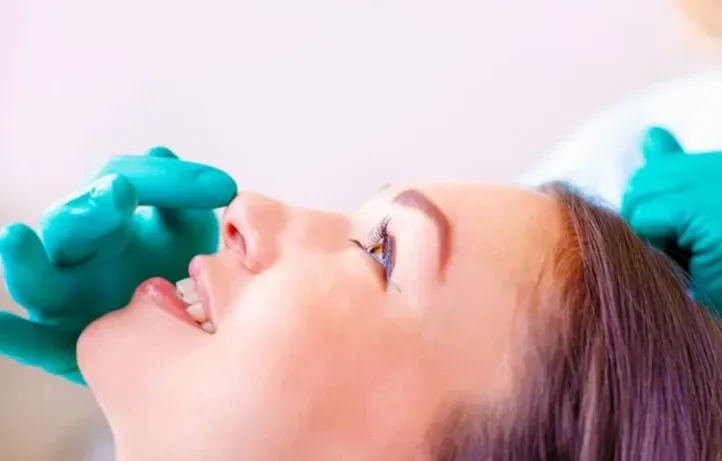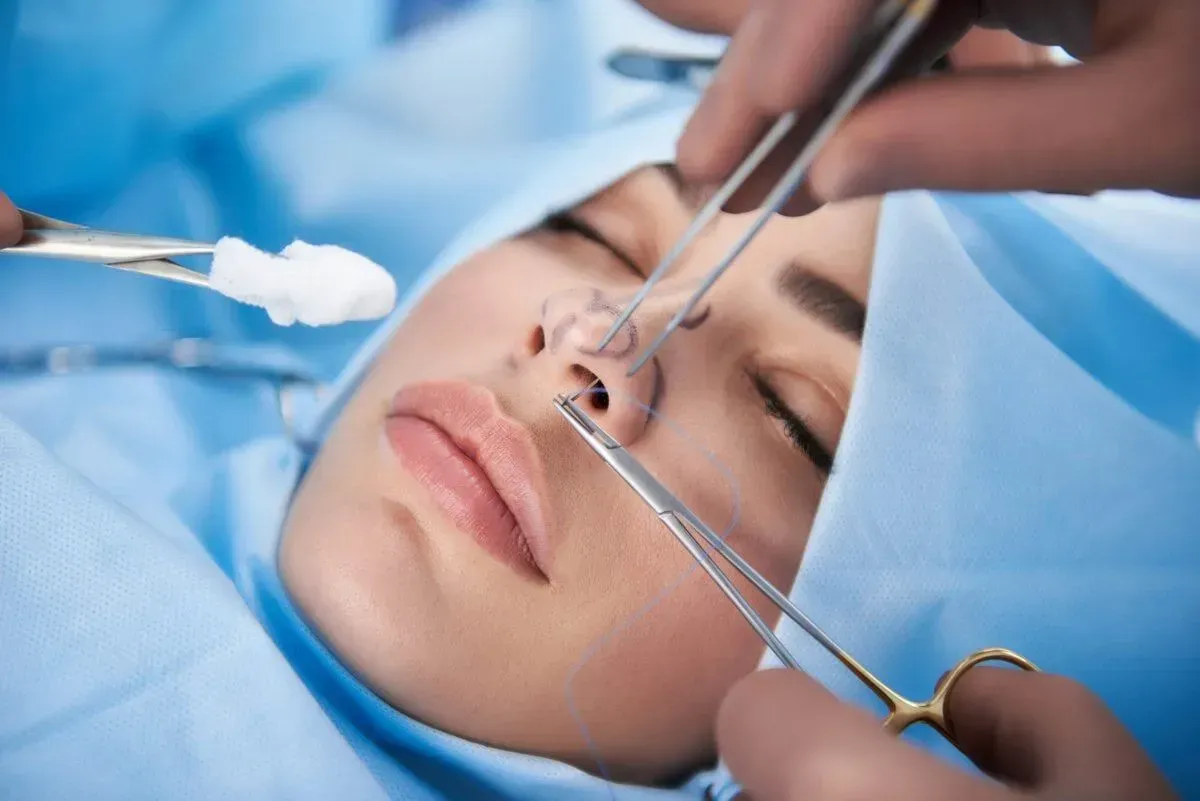Top 5 Rhinoplasty Techniques Used by Korean Plastic Surgeons
Top 5 Rhinoplasty Techniques Used by Korean Plastic Surgeons
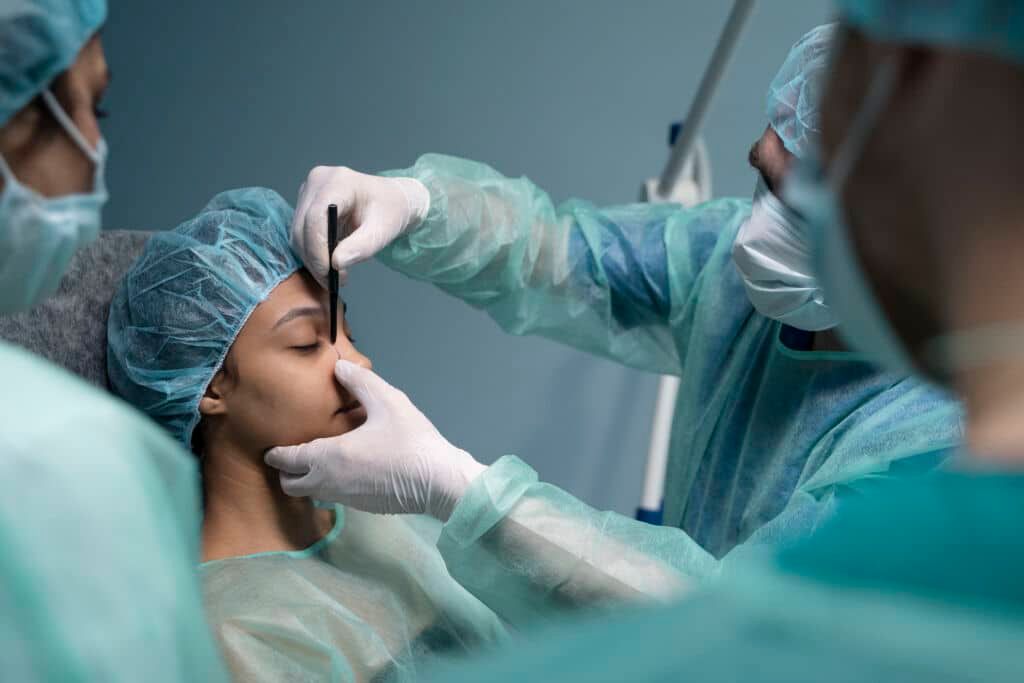
Discover the Art and Science Behind Korea’s World-Renowned Nose Surgery
South Korea has become the global capital of rhinoplasty, famous for delivering refined, natural-looking results that respect each patient’s facial harmony. Behind the country’s exceptional reputation are highly skilled plastic surgeons who use innovative, advanced, and precise surgical methods. But what are the actual techniques that make Korean rhinoplasty so successful?
In this article, we reveal the top 5 rhinoplasty techniques used by Korean plastic surgeons, explain what makes them unique, and help you understand which method might be best for your aesthetic and functional goals.
🇰🇷 Why Korean Rhinoplasty Is in a League of Its Own
Before diving into the techniques, it’s important to understand what sets Korean rhinoplasty apart:
- Emphasis on natural, harmonious results
- Customized approaches based on ethnicity, face shape, and gender
- Use of cutting-edge technology and imaging systems
- Surgeons who specialize solely in rhinoplasty, with thousands of procedures performed
Korean doctors don’t just follow global trends—they lead the industry with refined techniques that combine beauty, precision, and safety.
👃 Top 5 Rhinoplasty Techniques Used by Korean Plastic Surgeons
1. Autologous Cartilage Grafting (Rib, Septum, or Ear Cartilage)
Korean surgeons are renowned for using the patient’s own cartilage to build a more defined and stable nasal structure.
Why it’s used:
- Avoids complications from synthetic implants
- Highly biocompatible and long-lasting
- Ideal for bridge augmentation, tip projection, and revision rhinoplasty
Types of cartilage used:
- Rib (costal) cartilage: Strong and abundant, often used in complex or revision cases
- Septal cartilage: Used in primary rhinoplasty if available
- Ear cartilage: Great for shaping and tip refinement
✅ Best for: Patients who want long-lasting, natural results with low risk of rejection
2. Hybrid Rhinoplasty (Combination of Asian & Western Techniques)
Hybrid rhinoplasty combines augmentation and reduction methods—often necessary for patients with low bridges and bulbous tips, common among Asian and Middle Eastern facial types.
What it involves:
- Bridge augmentation (using silicone, Gore-Tex, or cartilage)
- Tip refinement and lifting
- Alar base reduction (to narrow wide nostrils)
- Dorsal hump reduction if needed
Korean surgeons customize each hybrid approach to maintain ethnic identity while enhancing nasal balance and proportion.
✅ Best for: Asian, Middle Eastern, or mixed-ethnicity patients wanting a blended aesthetic approach
3. Alar Base Reduction (Weir Excision)
This common Korean technique addresses wide or flared nostrils by removing small wedges of tissue at the nasal base, creating a more refined and narrow appearance.
Key benefits:
- Subtle yet impactful change
- Enhances facial symmetry
- Minimal scarring with precise stitching
Korean surgeons often pair this with bridge augmentation or tip plasty for a complete nose transformation.
✅ Best for: Patients with wide alar base or thick nasal wings who want a narrower, more delicate nose shape
4. Tip Plasty (Nasal Tip Refinement)
Tip plasty focuses on reshaping the nasal tip for definition, lift, and contour. Korean surgeons specialize in:
- Creating a natural, non-pinched tip
- Using cartilage suturing and grafting for support
- Maintaining function and airflow
They use shield grafts, cap grafts, or onlay grafts to enhance projection or support in droopy or flat tips.
Why it’s so popular in Korea:
- Many Asian patients have soft, low, or undefined tips
- The tip is essential for achieving a beautiful nasal profile
- Enhancing the tip often improves the overall facial aesthetic dramatically
✅ Best for: Patients who want subtle yet elegant enhancement of the nose tip without overcorrection
5. Closed Rhinoplasty (Scarless or Minimal-Scar Approach)
While many Western surgeons use open rhinoplasty for better visibility, Korean surgeons have mastered closed rhinoplasty—a technique performed through internal incisions only.
Advantages:
- No visible external scars
- Less swelling and faster recovery
- Ideal for minor reshaping, tip refinement, or primary rhinoplasty
Korean surgeons also use hybrid open-closed approaches when more extensive work is needed while still minimizing trauma.
✅ Best for: Patients seeking minimal downtime and natural enhancements with no external scarring
🧠 How Korean Surgeons Choose the Right Technique
Korean plastic surgeons don’t believe in a one-size-fits-all approach. Instead, they assess:
- Facial balance and proportions
- Ethnic background
- Skin thickness and cartilage strength
- Personal aesthetic goals
- Breathing function and internal nasal structure
Using 3D imaging and simulation, they create a custom surgical plan that blends form and function, with the least amount of intervention for the best result.
💬 Real Patient Experience: What It Feels Like
🌍 Sara, Malaysia (Hybrid + Alar Reduction)
“I chose a Korean clinic because I wanted a higher bridge and slimmer nostrils, but still wanted to look natural. The doctor explained everything with 3D simulation. The results are exactly what I dreamed of—and I have no visible scars!”
🌍 David, USA (Closed Rhinoplasty + Tip Plasty)
“I had a subtle hump and a bulbous tip. The closed method gave me a more defined nose without the long downtime I feared. I was back to work in 10 days, and no one could tell I had surgery—it just looked better.”
📌 Final Thoughts: Precision, Personalization, and Perfection
What makes Korean rhinoplasty techniques stand out isn't just innovation—it's the perfect balance of medical precision and aesthetic artistry.
With a focus on natural beauty, safe techniques, and individualized care, Korean plastic surgeons continue to lead the global rhinoplasty scene.
Whether you're seeking a subtle touch-up or a major transformation, Korea offers the most advanced and patient-centered techniques in the world.


